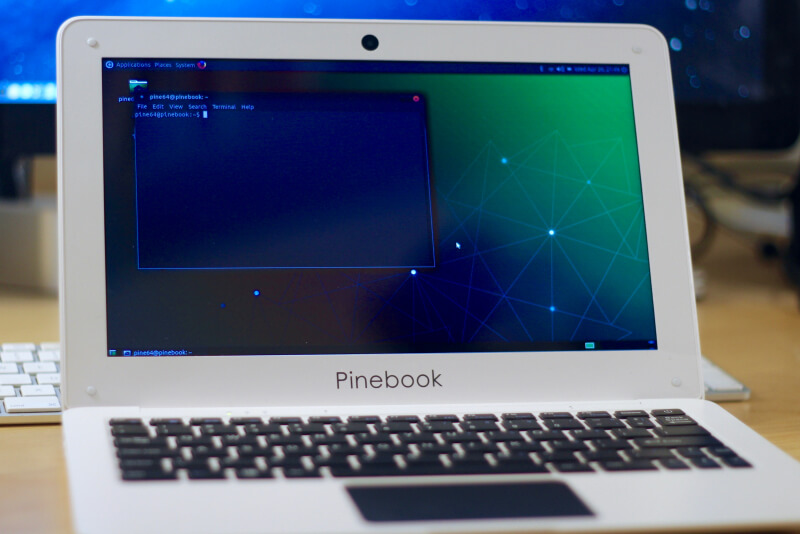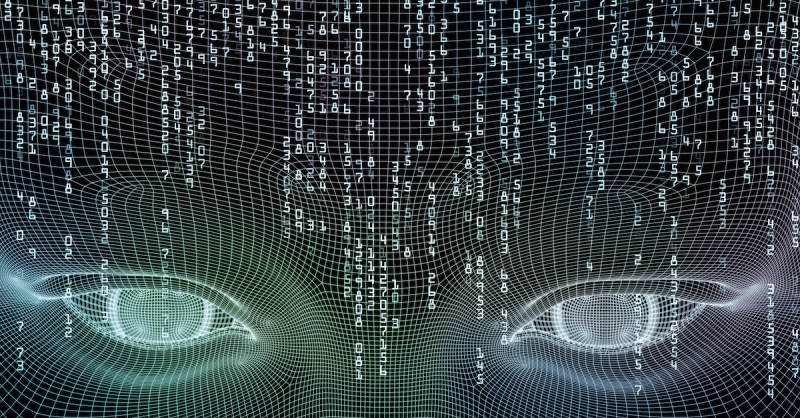The myth of a superhuman AI I've heard that in the future computerized AIs will become so much smarter than us that they will take all our jobs and resources, and humans will go extinct. Is this true? That's the most common question I get whenever I give a talk about AI. The questioners are earnest; their worry stems in part from some experts who are asking themselves the same thing. These folks are some of the smartest people alive today, such as Stephen Hawking, Elon Musk, Max Tegmark, Sam Harris, and Bill Gates, and they believe this scenario very likely could be true. Backchannel
The backstory behind carder kingpin Roman Seleznev's record 27 year prison sentence Roman Seleznev, a 32-year-old Russian cybercriminal and prolific credit card thief, was sentenced Friday to 27 years in federal prison. That is a record punishment for hacking violations in the United States and by all accounts one designed to send a message to criminal hackers everywhere. But a close review of the case suggests that Seleznev's record sentence was severe in large part because the evidence against him was substantial and yet he declined to cooperate with prosecutors prior to his trial. Krebs on Security
A history of Starcraft AI competitions (and UAlbertaBot) Since the first Starcraft AI Competition in 2010, the field of Real-Time Strategy Game AI has continued to rise in popularity every year. Entrants to these competitions submit Starcraft AI bots which do battle in the retail version of Starcraft: Broodwar. Inspired by earlier RTS game competitions such as the Open RTS (ORTS) Competition, these Starcraft AI competitions have become the defining place to showcase state of the art artificial intelligence agents for real-time strategy games. AIIDE Starcraft AI Competition
An obscure app flaw creates backdoors in millions of smartphones For hackers, scanning for an open "port"---a responsive, potentially vulnerable internet connection on a would-be victim's machine---has long been one of the most basic ways to gain a foothold in a target company or agency. As it turns out, thanks to a few popular but rarely studied apps, plenty of smartphones have open ports, too. And those little-considered connections can just as easily give hackers access to tens of millions of Android devices. Wired
What makes Deep Learning deep... and world-changing? Remember how you started recognizing fruits, animals, cars and for that matter any other object by looking at them from our childhood? Our brain gets trained over the years to recognize these images and then further classify them as apple, orange, banana, cat, dog, horse. then it gets even more interesting --- aside from figuring out what to eat and what to avoid, we learn brands and their differences: Toyota, Honda, BMW and so on. Read Write
Hands on with the Pinebook The Pine A64 was a 64-bit Quad-Core Single Board Computer which was kickstarted at the tail end of 2015 for delivery in the middle of 2016. Costing just $15, and hailed as a "Raspberry Pi killer," the board raised $1.7 million from 36,000 backers. It shipped to its backers to almost universally poor reviews. Now they're back, this time with a laptop---a 11.6-inch model for $89, or a 14-inch model for $99. Hackaday

We're getting closer to mass production of bones, organs, and implants Medical researchers have been able to create certain kinds of living cells with 3D printers for more than a decade. Now a few companies are getting closer to mass production of higher-order tissues (bone, cartilage, organs) and other individually tailored items, including implants. Bloomberg (also, The plan to 'reawaken' cryogenically frozen brains and transplant them into someone else's skull)
Early Nintendo programmer worked without a keyboard Any programmer of a certain age likely has a horror story about some rinky-dink coding and workflow environment that forced them to hack together a working app under extreme hardware and software constraints. Still, we're pretty sure none of those stories can beat the keyboard-free coding environment that Masahiro Sakurai apparently used to create the first Kirby's Dream Land. Ars Technica
Zinc battery breakthrough could mean safer, lighter cars and smartphones Not only could rechargeable zinc-based batteries possibly store as much energy as lithium-ion batteries, they could also be safer, cheaper, smaller and lighter, new research finds. The results suggest zinc batteries could find use in mild hybrids (microhybrids), electric vehicles, electric bicycles, and eventually, perhaps smartphones and power grid storage. IEEE Spectrum
3-D printing offers new approach to making buildings The list of materials that can be produced by 3-D printing has grown to include not just plastics but also metal, glass, and even food. Now, MIT researchers are expanding the list further, with the design of a system that can 3-D print the basic structure of an entire building. Structures built with this system could be produced faster and less expensively than traditional construction methods allow, the researchers say. MIT
Chrome will start marking HTTP sites in Incognito mode as non-secure in October 2017 Google today announced the second step in its plan to mark all HTTP sites as non-secure in Chrome. Starting in October 2017, Chrome will mark HTTP sites with entered data and HTTP sites in Incognito mode as non-secure. HTTPS is a more secure version of the HTTP protocol used on the internet to connect users to websites. Venture Beat
Prey was a flawed FPS with ideas worth remembering What a curious legacy Prey has left behind. This 'franchise' (imagine airquotes the size of skyscrapers) has been in existence for two decades, resulting in one single game. There are stormtroopers with better hit rates than that. In fact, up to this point Prey is probably better known for the games that never happened than the one which eventually did. Eurogamer
El Salvador bans metal mining in world first El Salvador on Thursday became the first country in the world to ban the mining of metals in what campaigners called a landmark move for environmental protection. The law bans "prospection, exploration, exploitation, extraction or processing of metallic minerals in El Salvador," according to the text published Thursday in the official journal. Phys.org
